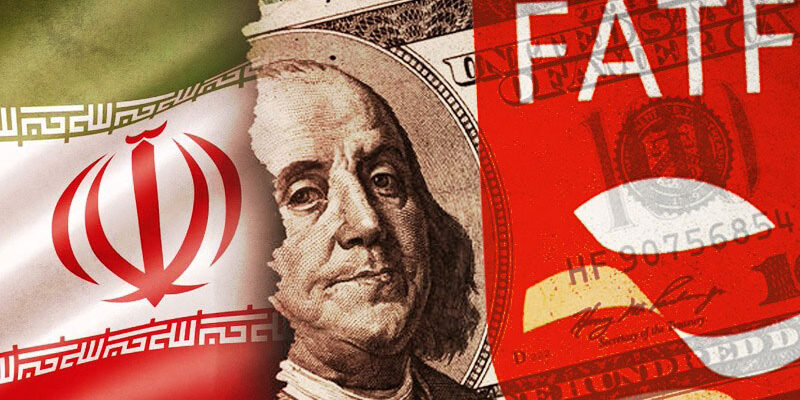
The president has noted that while sanctions relief is a pressing issue, internal reforms, particularly those tied to international financial regulations, could pave the way for a more sustainable economic revival. Iran has been on the FATF's blacklist since 2020, which has significantly limited the country's ability to engage with global financial institutions. Pezeshkian has stressed that addressing these challenges would allow Iran to reintegrate into the global economy, offering a more stable environment for both foreign and domestic investors.
FATF, the international organization focused on combating money laundering and terrorist financing, has long pressured Iran to implement its action plan. This involves passing legislation to curb illicit financial activities and ensuring compliance with global standards. Without such compliance, Iran remains largely isolated from global banking systems, severely hampering its ability to engage in international trade and investment.
Pezeshkian's administration has faced growing domestic and international pressure to address the FATF issues. However, the road to compliance is complex. Hardliners in Iran's political establishment have historically resisted reforms associated with FATF, arguing that such measures infringe on the country’s sovereignty and could expose sensitive financial data to foreign powers. Meanwhile, reformists view FATF compliance as essential to lifting sanctions and alleviating the economic crisis.
Domestically, Pezeshkian’s focus on the economy has resonated with many Iranians who have been grappling with the impact of inflation, unemployment, and currency devaluation. The president's proposed measures aim to balance the immediate need for economic stabilization with long-term structural reforms. His call for FATF compliance is viewed as a signal to the international community that Iran is ready to engage in good faith on economic and financial matters.
As Iran continues to face challenges on multiple fronts, including its strained relations with Western powers, the resolution of FATF issues could serve as a crucial turning point. However, Pezeshkian will need to navigate a politically sensitive landscape, where factions within the government may resist or slow the pace of reforms. His administration’s success in passing the necessary legislation and implementing effective anti-money laundering measures will likely determine whether Iran can escape its financial isolation.
Observers suggest that Iran's reintegration into global financial systems would not only provide an economic boost but could also strengthen the government’s position in negotiations with Western powers over sanctions relief. Still, Pezeshkian has a delicate balancing act ahead of him, as he must reconcile internal political divisions while addressing international concerns.
Topics
MENA
